Alan Ball explores liberation and loss in the gay drama Uncle Frank.
The Six Feet Under creator wrote the film as “a little bit of wish fulfillment.”

Any teenager — gay, straight, or questioning — would be lucky to have a relative in their corner like the title character in the poignant new drama Uncle Frank. A wise and learned adult, who’s not their parent, but will still love them unconditionally and call them out on their mistakes, can be a powerful force for good in a kid’s life.
But we don’t all get the benefit of growing up with an Uncle Frank or Aunt Francine in our lives, and neither did Alan Ball, the film’s writer and director. “A lot of people ask me, did I have an Uncle Frank?” says the award-winning creator of Six Feet Under and True Blood. “I did not. And I could have used one.”
In the film, set in the ’70s, bright young Beth Bledsoe (Sophia Lillis) finds an eager mentor in her beloved Uncle Frank (Paul Bettany), a professor at NYU. She also discovers, after crashing a party at his apartment, that, although closeted to the folks back home in rural South Carolina, Frank has been living with his lover Wally (Peter Macdissi) for years. Beth’s and Frank’s stories dovetail beautifully, as they guide each other through loss, love, and delicate rites of passage.
Ball, who grew up gay in the South, penned the film as “a little bit of wish fulfillment,” he says. “Wouldn’t it have been nice if I’d had an uncle who could have sort of taken me under his wing like that? Because I had to figure it out all on my own, and I made a lot of mistakes along the way.”
While Ball could only imagine having an Uncle Frank to share hopes and dreams with, he molded these fictional characters from deeply personal, autobiographical truth. “Frank’s relationship with the big trauma in his life,” blaming himself for the suicide of a boy he had a relationship with as a teenager, “is something I can relate to,” says Ball. “My sister was killed in a car accident when I was 13 years old, and I blamed myself for that for many years because she was driving me to my piano lesson. So it’s not just the coming-out story for Frank. It’s a coming to terms with what happened and being able to forgive himself.”
Ball himself came to terms with another chapter of family history that inspired Uncle Frank’s tragic backstory. “When I came out of the closet to my mom, she told me that she thought my dad might have been ‘that way, too,’” he recalls. “I don’t know if that’s true because he was already dead. And I’ll never know if it’s true. But then I found out about a young man who was a really, really good friend of his, who drowned and whose body he accompanied on a train back to their hometown of Asheville, North Carolina.
“And my dad, he was a very kind man. He was a good father. But he was always distant. He seemed preoccupied. I always felt like he was carrying around some secret tragedy. So when my mom told me that, it just sort of opened a window in my brain of ‘What if?’ So [the film is] a way of saying, ‘What if that had been the case? What might that story have been?’”
The film’s leading man, Bettany, came to the project ready to explore intriguing what-ifs of his own. “I had a lot of conversations with Paul and the script really spoke to him personally, because his own father was gay and came out of the closet when he was 63 years old,” says Ball. “He had a 20-year relationship with another man, and then that other man died and Paul’s father went back in the closet. For Paul, playing the role was a way for him to sort of imagine a different way his father could have gone if he had been able to just fully embrace who he was and live his truth.”
Bettany also shares with Ball the experience of having lost a sibling. “[He] understood the confronting of trauma that had occurred really young in life,” Ball says.
Of course, Bettany, who is straight, differs from Uncle Frank in that notable aspect. Ball counters any potential criticism of another major LGBTQ leading role being played by a straight actor. “Ultimately, I always feel like the best actor is always the best choice,” he says. “I know it’s not 100-percent politically correct for a straight actor to be playing a gay role, but I just think he’s so good.”
Uncle Frank is available on Prime Video. Visit www.amazon.com.
Read More
Review: Happiest Season takes Christmas for a sapphic spin
Support Metro Weekly’s Journalism
These are challenging times for news organizations. And yet it’s crucial we stay active and provide vital resources and information to both our local readers and the world. So won’t you please take a moment and consider supporting Metro Weekly with a membership? For as little as $5 a month, you can help ensure Metro Weekly magazine and MetroWeekly.com remain free, viable resources as we provide the best, most diverse, culturally-resonant LGBTQ coverage in both the D.C. region and around the world. Memberships come with exclusive perks and discounts, your own personal digital delivery of each week’s magazine (and an archive), access to our Member's Lounge when it launches this fall, and exclusive members-only items like Metro Weekly Membership Mugs and Tote Bags! Check out all our membership levels here and please join us today!










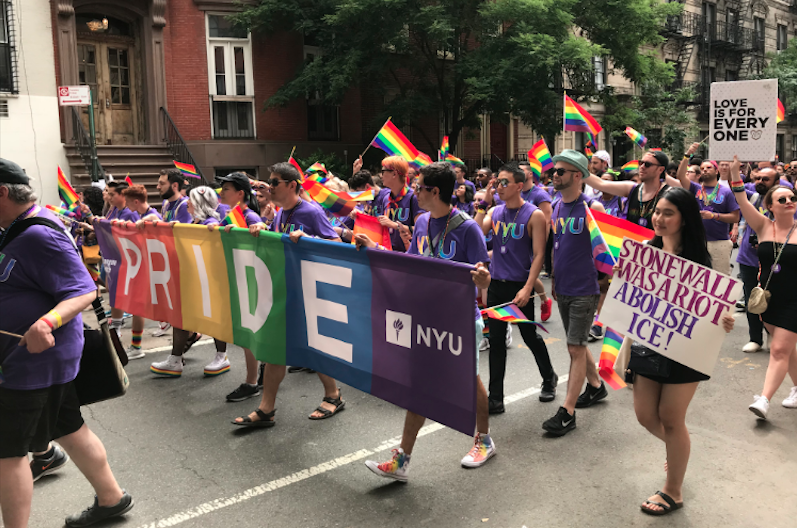
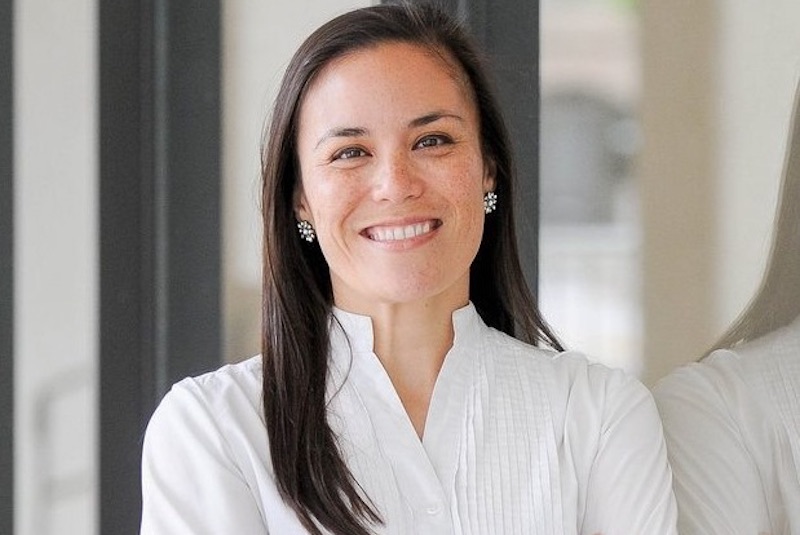
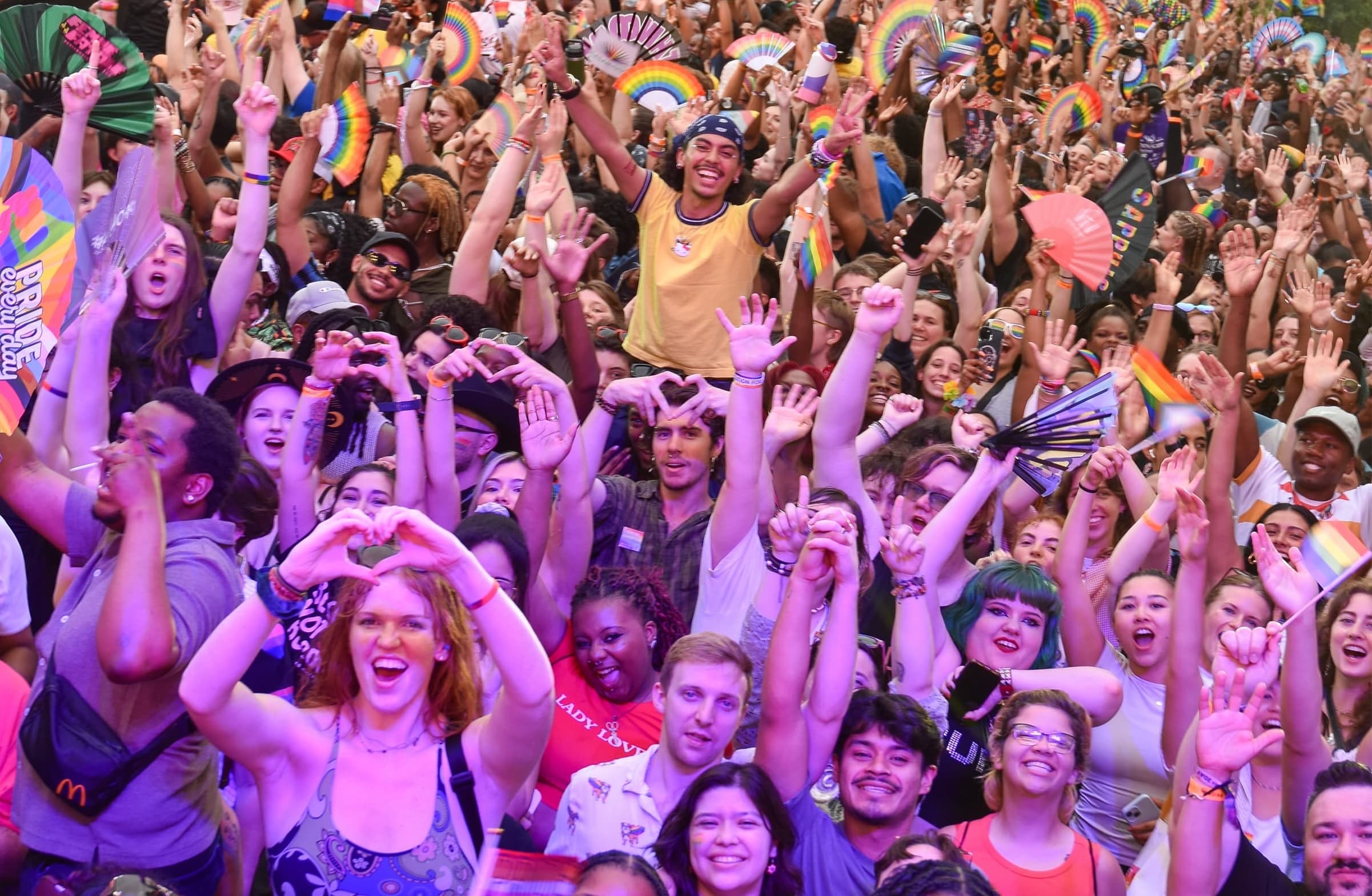















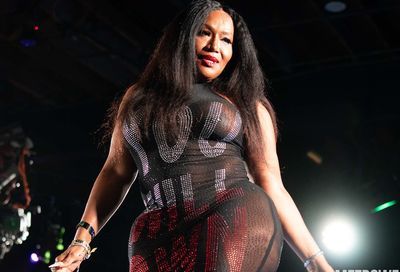
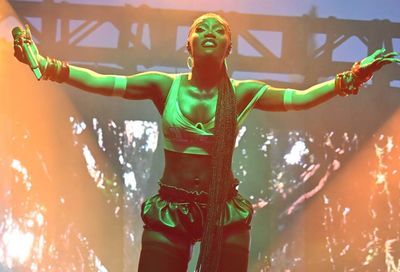
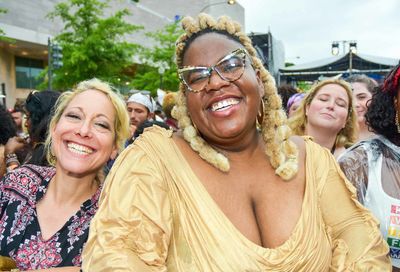
You must be logged in to post a comment.